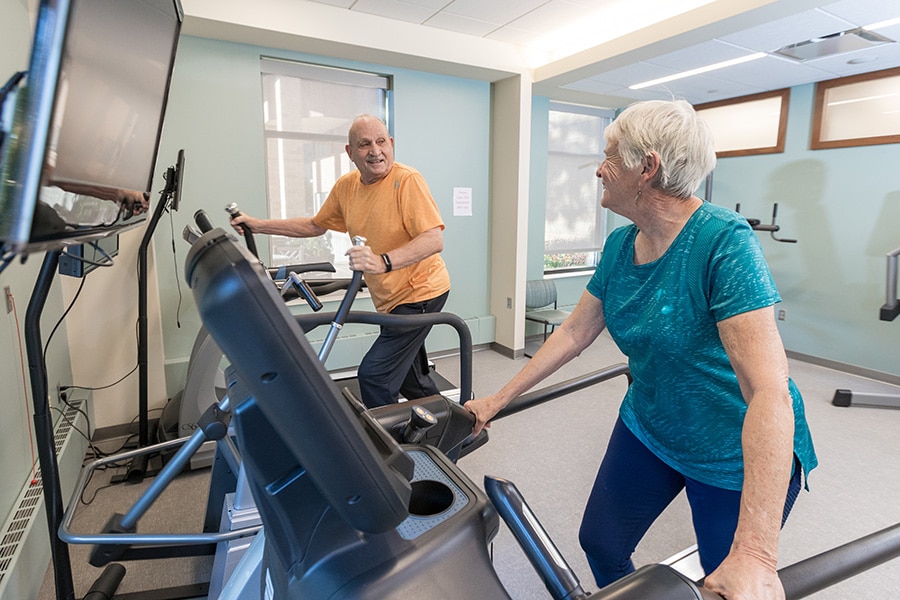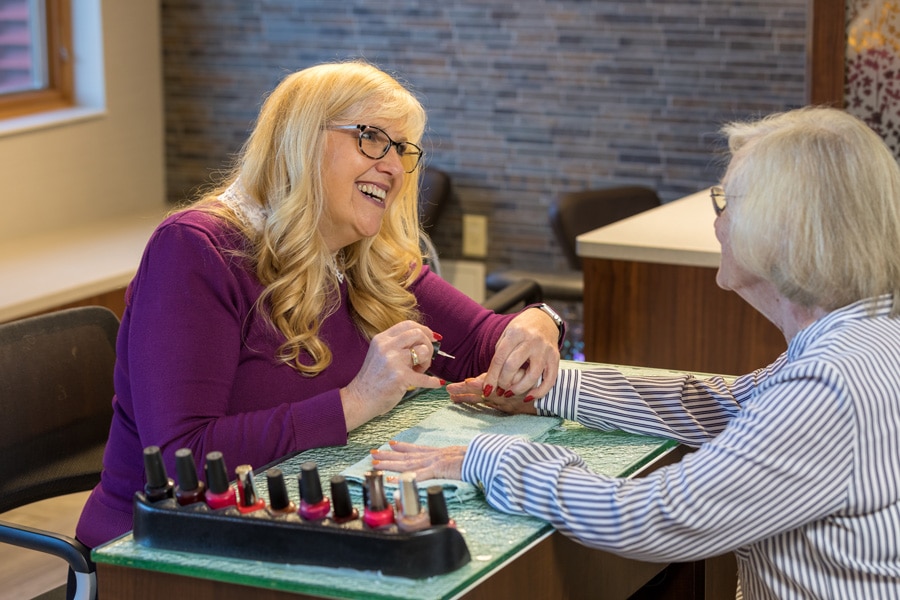Choosing a retirement community is a significant step for both retirees and their families. The process can be exciting yet overwhelming, but with the right approach, you can find a place that offers comfort, care, and a vibrant lifestyle. Choosing a retirement community that supports your desire for social engagement, fitness, and freedom from the hassle of home maintenance can enhance your quality of life during this new phase. Whether you’re looking for lively social activities, convenient amenities, easy access to nature, or luxury retirement living, there are many factors to consider when selecting the perfect community. Here are some key tips to help guide you through the process of choosing a retirement community designed for your active lifestyle.
Understanding Your Current Lifestyle Needs
When choosing a retirement community, it’s important to assess your current needs and long-term goals. For those with an active lifestyle, you’ll want to find a community that offers opportunities for physical activity, social engagement, and personal growth. Look for places that offer fitness centers, walking trails, or group exercise classes to ensure you can stay healthy and engaged. Beyond physical activities, many retirement communities also provide a range of social events, clubs, and outings, which can help you connect with like-minded individuals and build a sense of community.

Keeping Future Care Needs In Mind
While your current focus may be on maintaining an active lifestyle, it’s important to plan for the future. Choosing a retirement community that offers various levels of care ensures that your needs will be met as they evolve over time. Charter House offers home health, assisted living, and supportive living. This type of community allows you to transition to different levels of care as you age, ensuring that you receive the support you need without the hassle of moving again.
Exploring Housing Options and Amenities
Another important factor in choosing a retirement community is the type of housing and amenities offered. Many communities offer a range of living arrangements, from apartments and villas to single-family homes. You’ll want to choose a living situation that suits your needs for space, privacy, and convenience. Look for communities that provide low-maintenance living so that you can spend more time enjoying your retirement rather than worrying about upkeep.
Additionally, take a close look at the amenities offered by the community. Does it offer on-site dining, transportation services, or cultural activities? Are there healthcare services or wellness programs available, even if you don’t need them immediately? A community that provides a wide range of amenities can help simplify your life, giving you more time to focus on your personal interests.

Choosing a Retirement Community in the Right Location
Location is another key factor when choosing a retirement community. You’ll want to find a place that provides easy access to the activities and lifestyle you enjoy. Whether you prefer an urban setting close to restaurants, theaters, and shopping, or a quieter, nature-rich location with access to parks and outdoor activities, the right location will play a significant role in your happiness.
Consider how close the community is to family and friends as well. Being within a reasonable distance to loved ones can enhance your retirement experience and provide peace of mind in case you need assistance or want to maintain regular visits.
Research and Compare Communities
Once you have a good understanding of your needs and budget, start researching and comparing different retirement communities. Take tours, talk to current residents, and ask about the specific services offered. Choosing a retirement community that feels right requires balancing your lifestyle preferences with the care and amenities provided.

Choosing
Choosing a retirement community is a major life decision that requires careful thought and planning. By assessing your lifestyle needs, visiting potential communities, and planning for the financial aspects, you can find a place that ensures your retirement years are both fulfilling and secure. With the right research and preparation, you’ll discover a community that feels like home. For those seeking the best in retirement living, Charter House is an excellent choice. Contact us today to learn more about how we can support your active and fulfilling retirement journey!